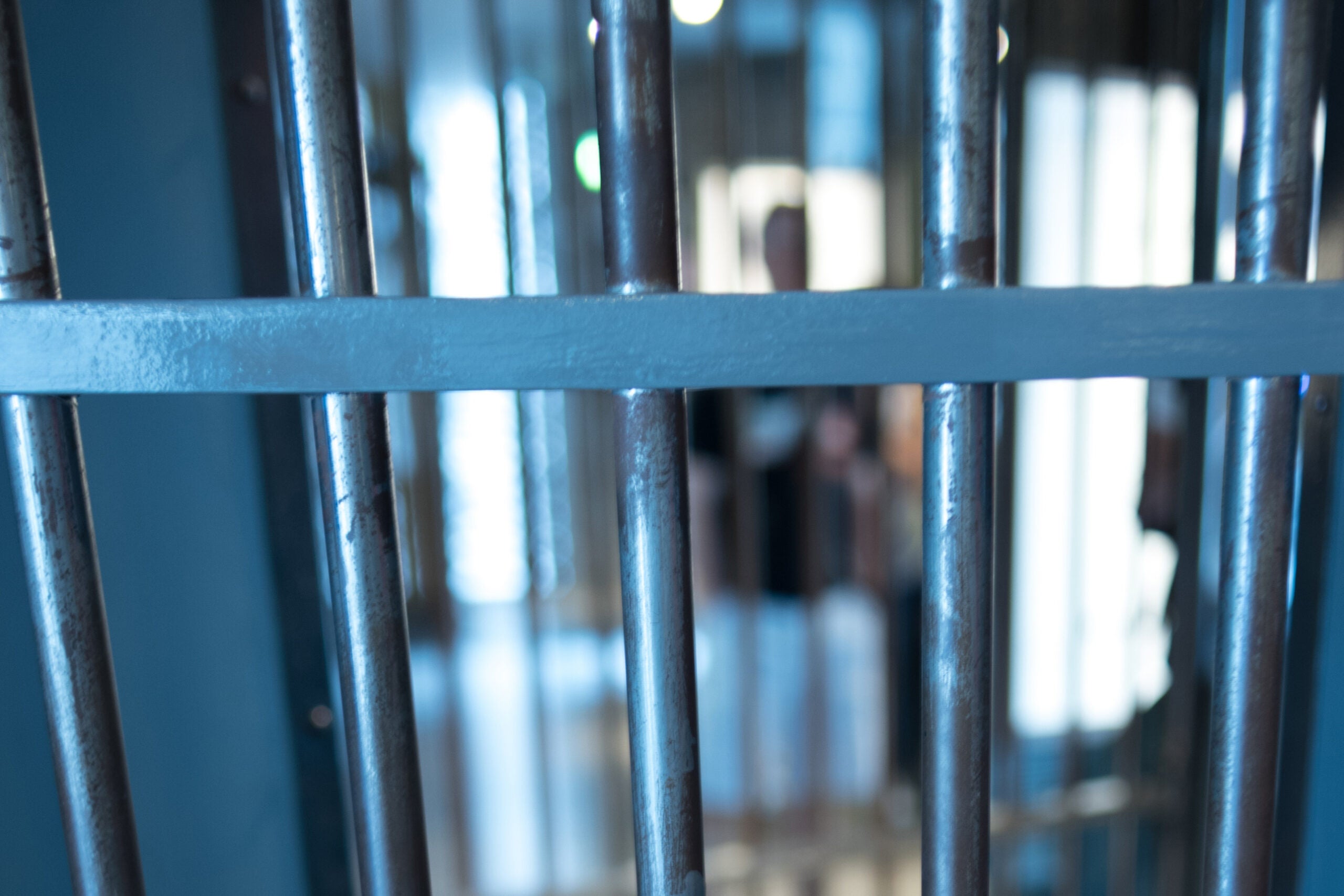The following post from the HLS Office of Clinical and Pro Bono Programs blog is one of a regular series of student accounts of their experiences working with Clinics and Student Practice Organizations (SPOs) at Harvard Law School.
I joined the Prison Legal Assistance Project (PLAP) the fall of my 1L year at a time when I knew very little about the criminal justice system. I knew, however, that PLAP provided important services to prisoners in Massachusetts. These services include representing prisoners in disciplinary hearings and in their bids for parole before the Massachusetts Parole Board.
In January of my 1L year, I took my first case. When I visited my client, he was only able to speak to me behind a glass wall and in handcuffs. I learned he was in “segregation,” which is a term the Department of Corrections (DOC) uses to describe the Massachusetts system of solitary confinement. Those in solitary usually receive one hour of recreation a day, while spending the remaining 23 hours in a small cell. I could not witness a client handcuffed behind a glass wall while speaking with his student attorney without becoming enraged and devoting my time in law school to this work. Our criminal justice system is used as a tool of racial oppression and the horrors of solitary confinement and other terrible conditions in prisons are inflicted disproportionately on men and women of color.
I continued in PLAP throughout the rest of my 1L and 2L year, and I was fortunate enough to represent a client before the Massachusetts Parole Board. PLAP represents “lifers,” or clients with life sentences who are eligible for parole. Many of these men have been imprisoned for decades, and they often committed a crime as teenagers or young adults––a time before the brain is fully developed. My representation included developing a detailed memorandum asking for parole, gathering letters from friends and family members, extensively preparing my client for opening and closing statements, and preparing a closing statement myself. Through this, I developed skills in client interviewing, which can be a particularly difficult skill to gain during law school because of limited opportunities to interact with clients. Additionally, I developed the type of skills relevant to trial work, as I prepared arguments and presented them before a panel.
I describe this as a fortunate experience for me because of the opportunity to meet and spend time with my client, and the honor bestowed upon me in advocating for him. Although society marginalizes and demonizes prisoners, and especially prisoners serving life sentences, many of our students, including myself, view our clients as genuine, wonderful people. Most importantly, we view our clients as humans deserving of fundamental rights. It is horrifying and demoralizing that the rest of society does not view them as such. Students should join PLAP for the privilege it is to advocate for prisoners. You will learn not only about the criminal justice system, but also the wisdom of those who have spent countless years in prison.
My experience in PLAP has been the single most important experience during my time in law school. It has led me to fully realize the level of injustice present in our criminal justice system as a whole, as well as the inhumane conditions in our prison system. I plan to pursue criminal justice work and hopefully prisoners’ rights work more specifically. Many other PLAPers attribute their passion for this work to our organization, and I encourage students to consider joining. Several students staff each office hour under the direction of student mentors, who offer mentorship about the work and law school advice in general. PLAP also hosts happy hours, speaker series, and other bonding events, which fosters a unique community for those who want to work in criminal justice and more specifically on prisoners’ rights.
